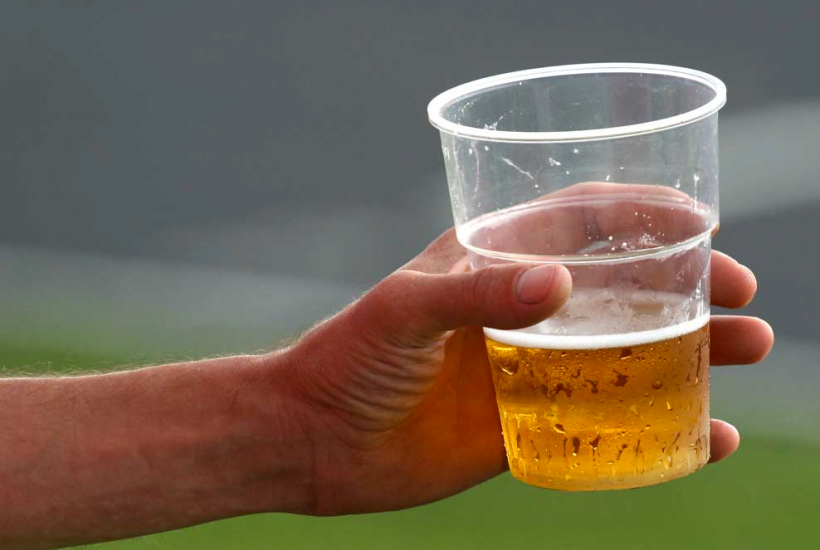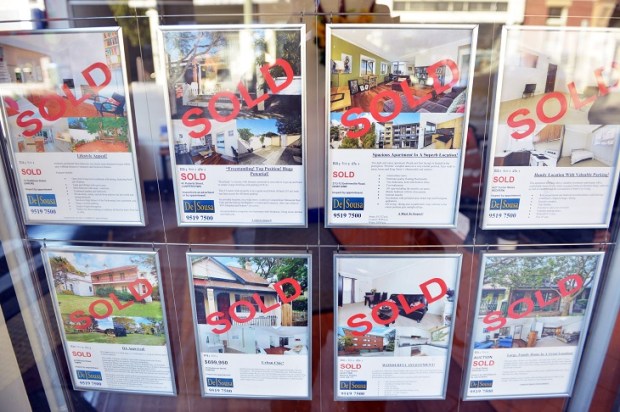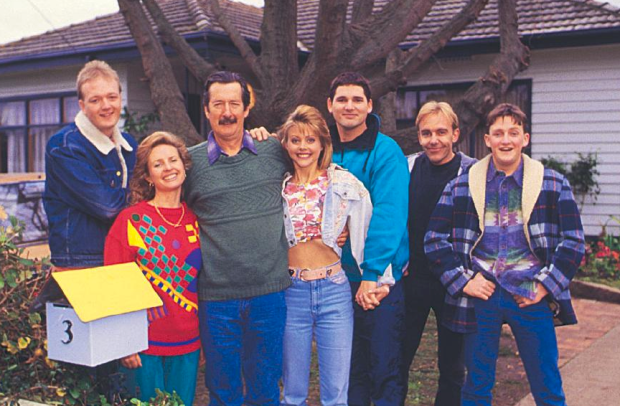Thomas Jefferson in 1776, said ‘We hold these truths to be self evident, that all men are created equal, that they are endowed by their Creator with certain unalienable Rights, that among these are life, liberty and the pursuit of happiness…that whenever any form of government becomes destructive of these ends, it is the right of the people to alter or abolish it.’
Oh, for such rights in Australia in 2017. In Western Australia, new Labor Premier Mark McGowan has called for the banning of full strength beer at the new Perth Stadium, even in the corporate boxes, which understandably hasn’t gone down very well.
Newly elected Liberal Democrats MLC Aaron Stonehouse has publicly called out the Premier and labelled his move as ‘peak nanny state’. He highlighted the availability of full strength beer, wine and spirits at Parliament House to the MLAs, MLCs and public servants who are charged with making laws and administering the state. If they can be trusted to exercise personal judgement on the amount and type of alcohol they consume, then so can the rest of us.
And all this in a state where the chief nannying body, Healthway, forced the cancellation of a season of Carmen as some of the opera’s action occurs in a cigarette factory — all the time while its senior executives were rorting tickets to events it sponsored. Quis custodiet and all that.
When a government moves to restrict your liberty, there must be a compelling case for doing so; what compelling reason could the Premier possibly have for restricting the availability of full strength beer at a sporting stadium? Perhaps it is an attempt to minimize drunken and unruly behaviour. If so then why continue to allow full strength beer to be served just down the road at the Perth Arena and in every bar and tavern in the metropolitan area? Surely to be consistent, a full strength beer ban should be order across the board, including the bar at Parliament House.
It is worth noting here that the idea of ‘alcohol fuelled violence’ is a dubious concept. Alcohol consumption overall is relatively low in Australia compared to Europe and yet in some European countries alcohol fuelled violence is rare. You can go to many European cities that do not restrict alcohol consumption in any way, and feel perfectly safe to walk the streets at night. Evidence shows that there is no direct causal link between alcohol and violence despite the rhetoric we so often hear, so what accounts for the difference in violent behaviour between countries?
One theory is that cultural attitudes towards alcohol consumption are related to different behavioural outcomes. In cultures that accept alcohol consumption and view it positively, alcohol fuelled violence is rare. In societies like Australia, the US and the UK, where attitudes towards alcohol consumption are negative and focus on aggression and promiscuity for instance, then the societal expectations of alcohol fuelled violence are more likely to be fulfilled. In other words when our culture reinforces the idea that alcohol is ‘bad’ then we tend to live up expectations. Rules about when, what and how much we can drink, however well intentioned, are rather ironically contributing to the very behaviour they seek to minimize.
Rules and regulations that have the purpose of pre-empting and controlling our behaviour are anti-liberty. In a free society, the role of government should be to protect our above stated inalienable rights to life, liberty and the pursuit of happiness. Governments ought not to be in the business of telling us how to achieve this happiness or to restrict our freedom to make bad choices, especially when so often their ‘nanny state’ laws are based on incorrect assumptions, and have unforeseen consequences. We already have laws against destruction of property and violence; if somebody gets so badly drunk that they are impinging on the freedoms of their fellow citizens then they are breaking the law and will be dealt with appropriately. Why restrict the freedoms of the many because of the uncertain future actions of the few?
Often the burden on the healthcare system is used to justify restrictions on high-risk behaviours, which serves to highlight just how much any socialized system limits personal freedoms. The ‘greater good’ argument only thinly disguises the desire to control other people. There is no real evidence that a person who burdened the health system by dying from lung cancer from smoking for thirty years, costs the taxpayer any more than if they had not smoked and died a long drawn out death from Alzheimer’s for example. Even healthy pursuits burden the taxpayer. How many athletes or adrenalin junkies receive treatment for joint injuries, and accidents? Does it mean we should ban football or parachuting?
We are not small children, and the government is not our nanny. We don’t need to be protected from ourselves by people in positions of power who get to decide what is best for us, whether it be in the form of bicycle helmet laws, bans on the sale of e-cigarettes, lock out laws, or restrictions on what type of beer we can drink while watching the footy.
In the words of Thomas Paine ‘government even in its best state is but a necessary evil; it it’s worse state an intolerable one.’ We need governments to guarantee the rule of law so that we can live freely under certain protections. What we don’t need is misguided lifestyle and behaviour management. Government, please stay in your lane!
Nicola Wright is a writer at LibertyWorks
Got something to add? Join the discussion and comment below.
Got something to add? Join the discussion and comment below.
Get 10 issues for just $10
Subscribe to The Spectator Australia today for the next 10 magazine issues, plus full online access, for just $10.


























Comments
Don't miss out
Join the conversation with other Spectator Australia readers. Subscribe to leave a comment.
SUBSCRIBEAlready a subscriber? Log in